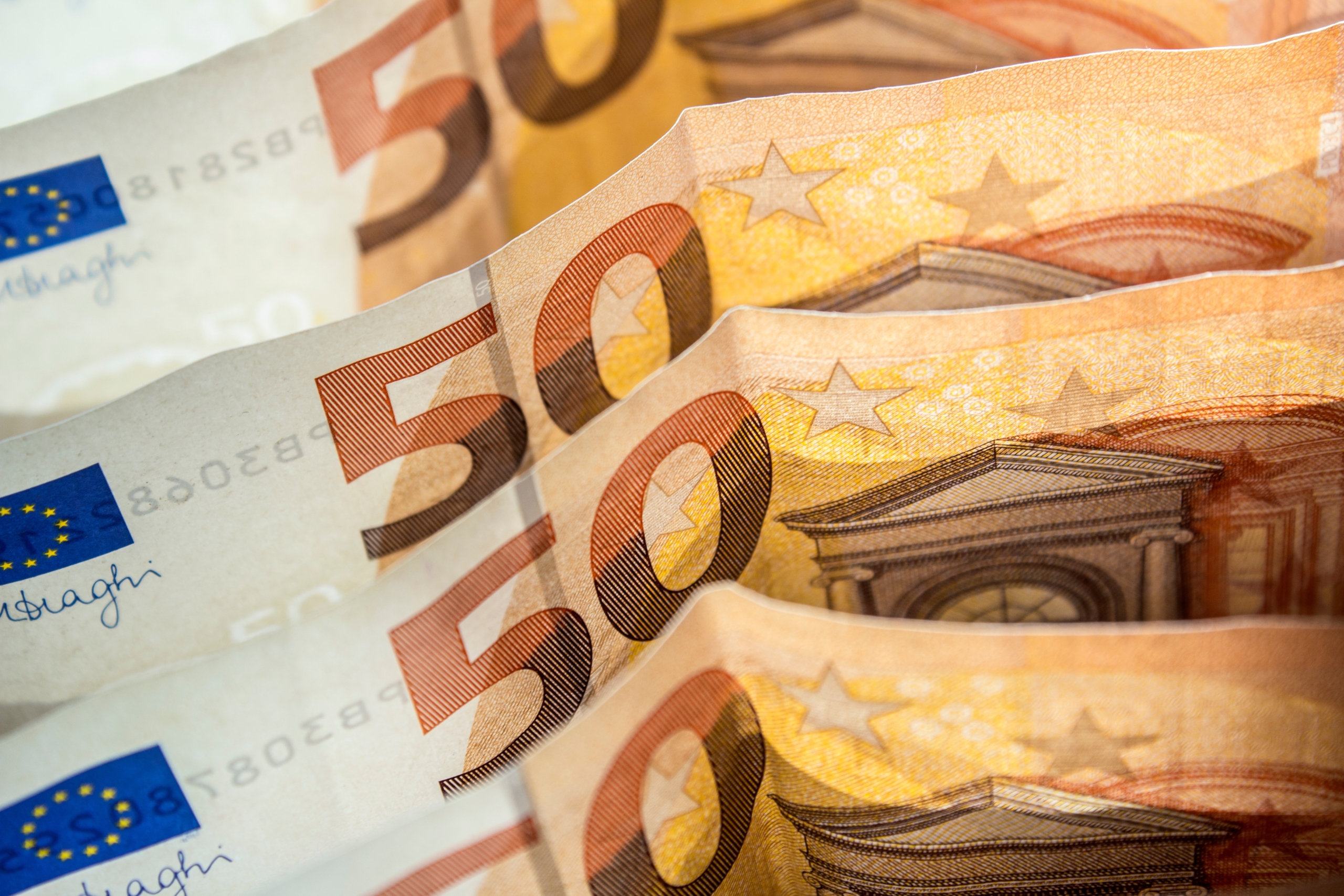Singapore Green Jet Fuel Levy on Travellers Ignites Funding Debate
Europe’s economy improves slightly but inflation remains high

The European Commission’s spring forecast shows a slight improvement in economic growth for the 20 countries using the euro currency, with a projected growth of 1.1% this year. This is an increase from February’s prediction of 0.9%. Despite this positive outlook, inflation remains high, with consumer prices rising 7% in April from a year earlier. Higher interest rates, which the European Central Bank is using to try to return inflation to the bank’s target of 2%, have also been reducing the availability of loans for home purchases or business investment and shrinking demand for loans.
Europe had faced concerns about a winter energy crisis due to Russia’s cut off of natural gas supply amid the war in Ukraine, which caused record-high gas prices. However, Europe managed to avoid a major energy crisis by diversifying energy supplies, reducing consumption, and importing more expensive liquefied gas by ship. As lower energy prices continue to provide relief to households and firms’ budgets, the European economy is expected to continue its expansion in 2023 and pick up some pace in 2024, said European Commissioner for Economy Paolo Gentiloni.
Despite the positive forecast, officials cautioned that inflation continues to erode people’s purchasing power and weigh on growth. In addition, recent financial turmoil mostly affecting banks in the U.S. could indirectly affect European banks by increasing scrutiny of bank finances from regulators and shareholders, making banks more reluctant to lend. Banks are the primary sources of financing for European companies, unlike in the U.S. where financial markets supply most credit.

